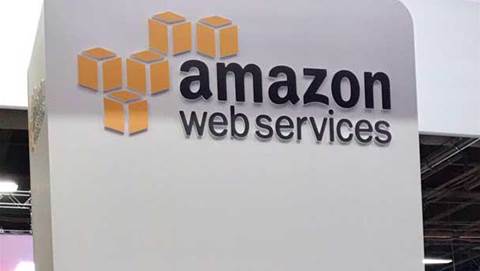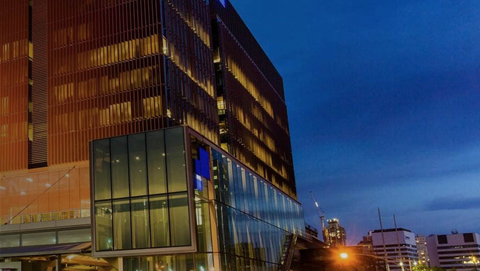The Digital Transformation Agency has cut $40,000 a month from its sky-high cloud hosting costs for the COVIDSafe app, less than two months after it was ridiculed for running up a bill of $100,000 a month.
Agency boss Randall Brugeaud told senate estimates on Monday evening that the previous hosting “estimate” had been revised down, apparently after some performance “tuning” of the app.
It still wasn’t clear exactly how the app was architected to be capable of running up such a sizable bill.
“I’d estimated $100,000 per month to host COVIDSafe at the last hearing,” Brugeaud said.
“That has ended up at $75,094.98 per month, and we’ve made a number of performance improvements to the app over the last couple of months which should see that sitting at about $60,000 per month from July 1.
“There have been a range of tuning efforts in which we’ve applied quite considerable improvements on the backend, which is the COVIDSafe national data store and how the data is stored as the app is in operation.”
As previously reported by iTnews, the COVIDSafe app runs entirely on cloud infrastructure supplied by AWS.
The cost was criticised by professionals familiar with cloud services and costings; it is currently the subject of a freedom of information (FoI) request that the department has delayed once already.
Brugeaud said that as of April 30, COVIDSafe’s total costs for build and operation were “$7,753,863.38 inclusive of GST”, which he said also included ongoing hosting costs.
The department also said it had reached an agreement with the federal department of health and with respective states and territories to revise up the number of close contacts the app had been used to identify.
Previously, it was known only that the app had found 17 close contacts in NSW that would not have been found via any other means.
“The updated numbers as at May 19 is that COVIDSafe has been used to identify 567 close contacts not found through manual contact tracing, and there have been 779 uploads to the national COVIDSafe data store,” Brugeaud said, adding that this was “since implementation in April 2020.”
.png&w=350&c=0&s=1)




.jpg&h=140&w=231&c=1&s=0)




















